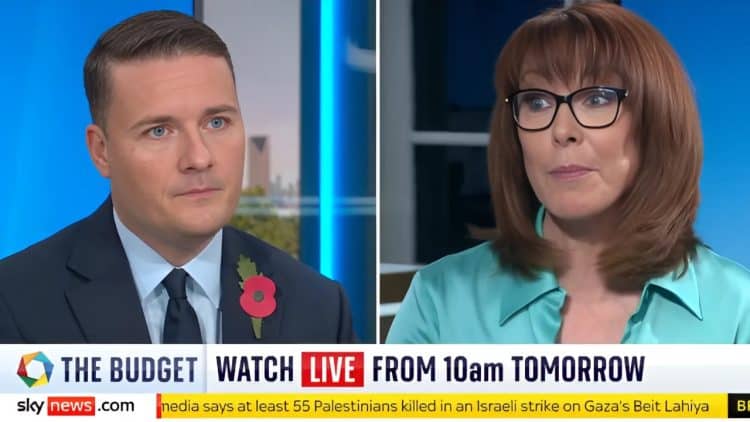The bus fare cap in England will rise from £2 to £3 in the new year, a move that Health Secretary Wes Streeting says prevents a far higher increase. He claims that, without Labour’s intervention, bus fares could have risen to £10 per ride.
Labour defends £3 cap decision
Prime Minister Keir Starmer announced the increase on Monday, explaining that the current £2 fare cap was only funded until the end of 2024. “The Tories only funded [the £2 cap] until the end of 2024,” Starmer said. “That’s why funding for the £2 fare is ending.” The new £3 cap will take effect in January and remain until the end of 2025.
Criticism over impact on commuters
Critics argue the rise could add up to £10 to a weekly commute, making travel more expensive for workers. On Tuesday, Sky News presenter Kay Burley labelled the increase a “tax on working people” and reminded Labour of its manifesto promise not to raise taxes on this group.
Minister says £3 cap is a compromise
In response to criticism, Streeting defended the decision, saying, “Without this action, we’d be looking at £10 per fare.” He added that difficult choices were necessary to address the large deficit inherited from previous administrations. “We’re making tough decisions now to avoid a much larger financial burden later,” he said.
Labour’s commitment to working people
Starmer reiterated Labour’s dedication to supporting working people. “It is working people who pay the price when their government fails to deliver economic stability,” he stated, citing slow growth and declining public services as ongoing issues. Chancellor Rachel Reeves will unveil Labour’s first budget in 15 years on Wednesday, outlining additional measures aimed at economic recovery.
You may also like: Saoirse Ronan silences male co-stars on The Graham Norton Show with a powerful reality check







